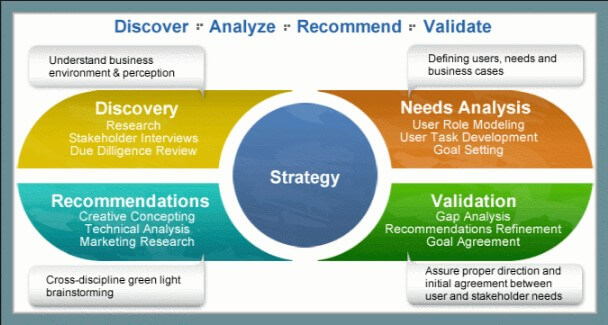Leading and developing individual researchers
When working with and developing individual researchers, you need to be clear on your strategy so that you make the right decisions in leading your team and your work in the right direction. Involve all team members in discussions and activity and seek out and use individuals’ abilities. The skill in managing a team is to bring in the quieter members whilst simultaneously controlling over-active members.
Strategies for individual researchers you can use to improve performance include appraisal, supporting development, mentoring and coaching which will allow you to establish previous experience, offer constructive feedback as well as give time to praise, support and encourage.
The UK Concordat to Support the Career Development of Researchers expresses the expectation that “Research managers should be required to participate in active performance management, including career development guidance, and supervision of those who work in their teams.”
Research is what I’m doing when I don’t know what I’m doing.
Wernher von Braun
Institutional support
Your institution will have support strategies for individual researchers that you and your researchers can take advantage of. Some, such as induction of new staff, may be arranged by the institution who provide information on the institution’s structure, goals, and the individual researchers place within that. Individual researchers will learn about their rights and responsibilities and the development opportunities available to them. It is good practice to ensure new staff are also adequately inducted into the department, your team and their role. Use the institution’s probation period to focus attention on a new staff member and ensure that they feel part of the team. Although rare, it is also the opportunity to correct a recruitment error.
Appraisal
Formal appraisals are an essential part of performance management. Having the opportunity to spend dedicated time discussing the individual researchers performance and career goals can be immensely valuable for developing an individual researcher and allows you time to ensure they continue to develop and that you understand their goals and objectives.

Staff development
Your institution has programmes in place to help get the best out of your staff. The Researcher Development Framework (RDF) includes strategies for individual researchers that identify needs and helps them plan effectively for their own development, it can also help focus your discussions. By taking advantage of opportunities to interact with other scientists, researchers are exposed to new perspectives. In addition, receiving feedback from peers and professionals at conferences is a great way to network with others and develop research questions and interests.
Targeted development opportunities can help maintain and improve the performance of your staff. Some institutions give researchers the formal right to a specified number of days development each year, others leave it to the discretion of the researcher and their manager. Encourage development opportunities both inside and outside of the institution as this can have a positive impact on how they perform for you.

